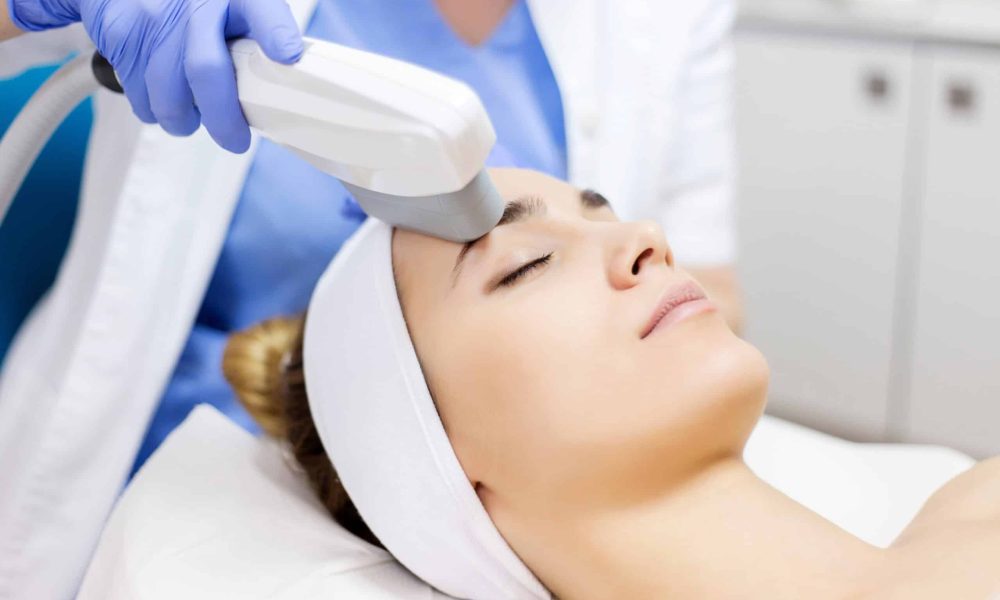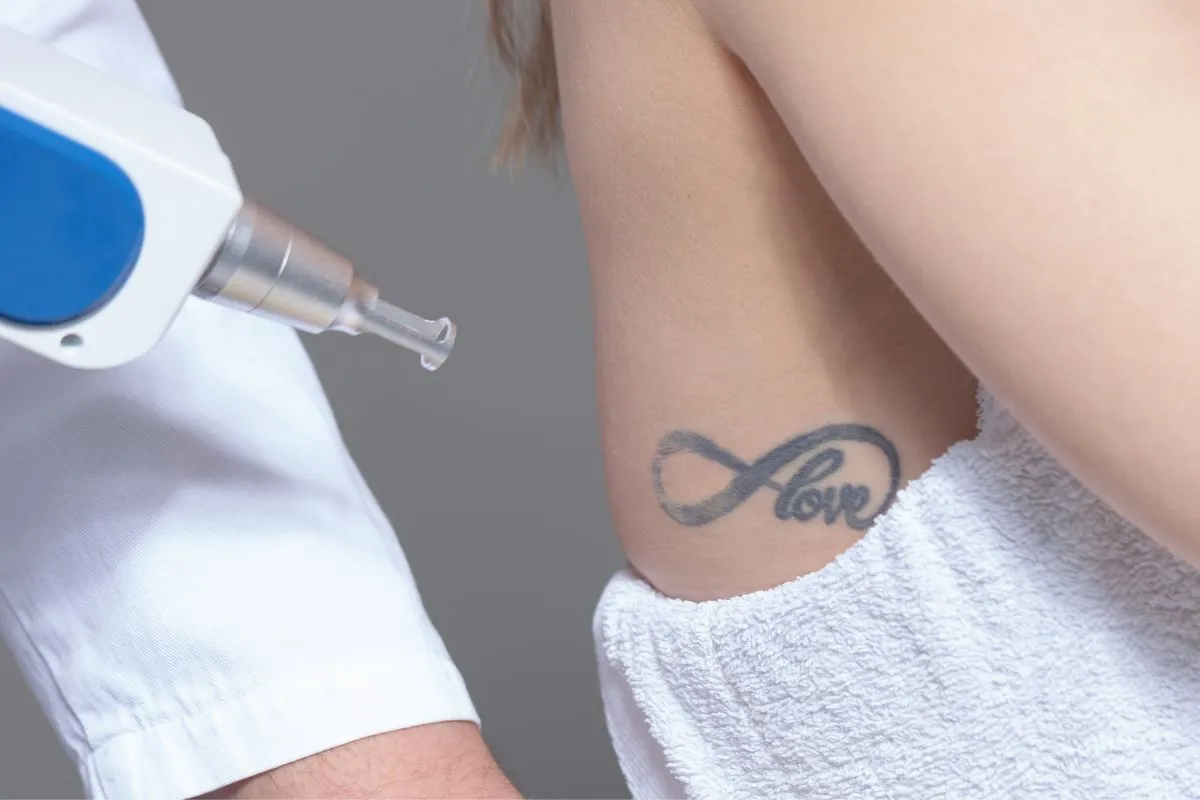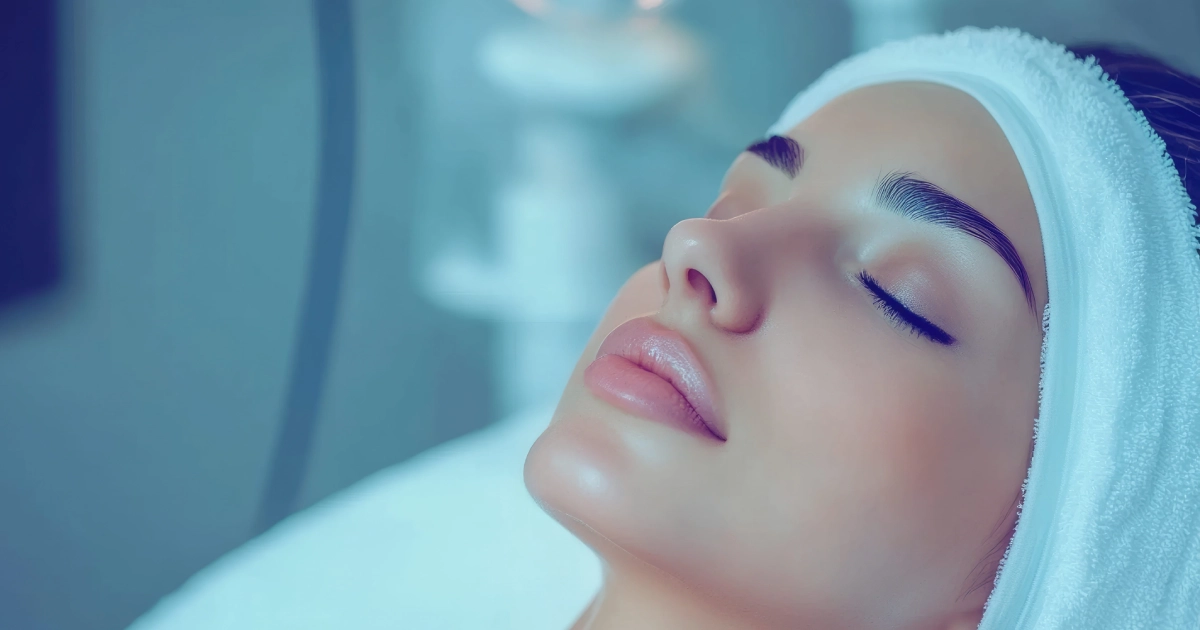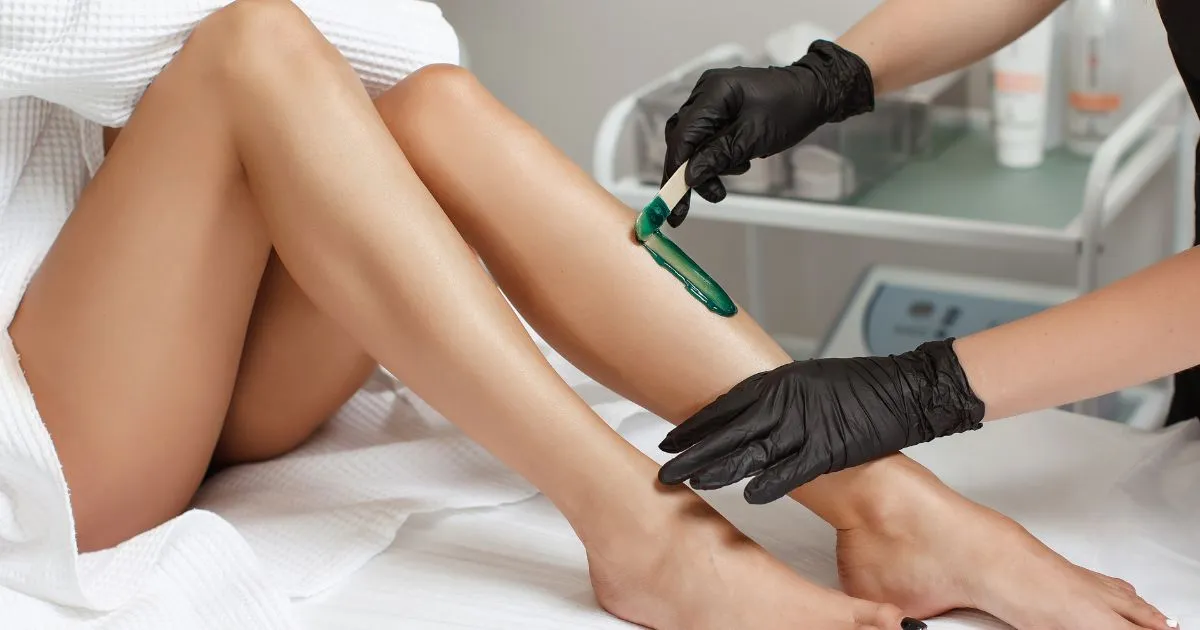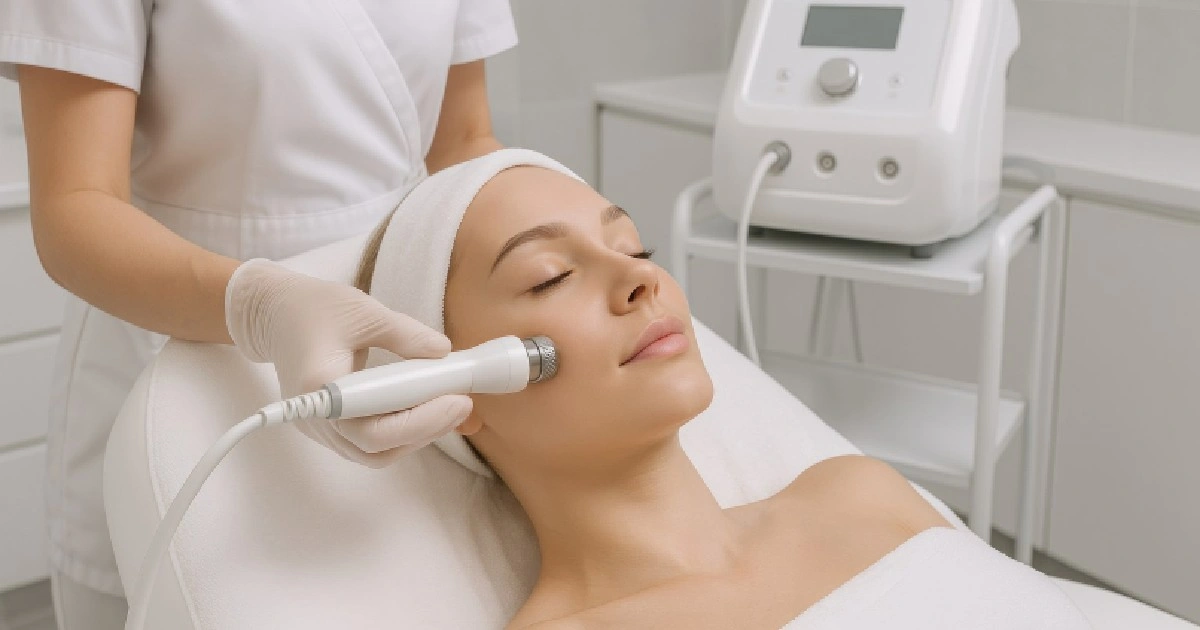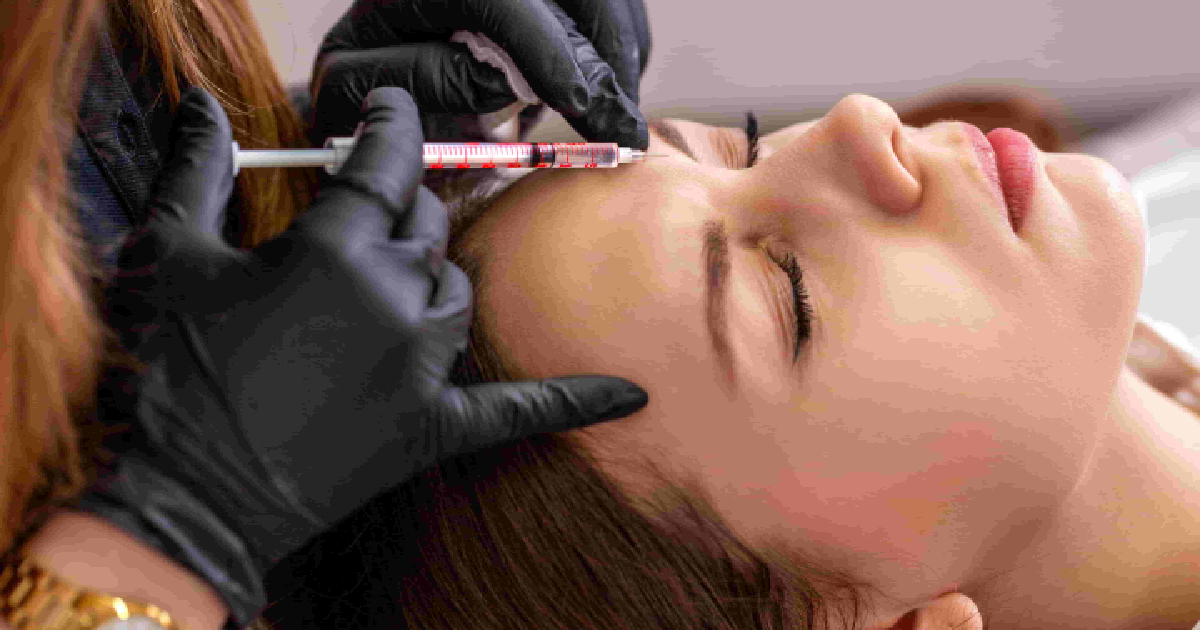Table of Contents
The phrase “skin rejuvenation” is more of an umbrella term that can be used to refer to a variety of different procedures that improve the appearance of the skin. There is a wide variety of therapy options, some of which need surgery while others do not.
In spite of the fact that skin rejuvenation is most commonly associated with slowing the natural aging process, it can also be used to repair skin damage brought on by injury and can help reduce the symptoms of some skin illnesses like rosacea.
Rejuvenation with intense pulsed light (also known as IPL) is a type of light therapy that can be utilized to treat a variety of skin conditions. IPL causes less damage to the skin than other light treatments, particularly those that are carried out with lasers, and the recovery time is significantly shorter (just a few days). This method of skin rejuvenation is completely risk-free and only requires a short amount of recovery time.
Applications, advantages, and outcomes
Application
IPL therapy, which is sometimes referred to as photofacial, is a procedure that does not involve surgery and improves the tone and texture of your skin. It is capable of reversing part of the visible damage caused by exposure to sunlight, which is referred to as photoaging. Particularly evident on the face, hands, and chest are the signs of this condition.
IPL is a potential treatment option for blotchy skin that has developed as a result of a medical condition.
The typical course of treatment consists of a series of two to three sessions, each of which is spaced approximately one month apart, followed by a series of two to three maintenance treatments per year.
After just one session of IPL therapy, patients notice an almost instantaneous lightening of their skin. Treatments for maintenance help to keep your skin looking youthful and healthy, support the creation of collagen, protect the skin from the effects of UV exposure, and give a healthy sheen to the skin.
In addition, IPL treatment can be paired with other facial skin procedures such as exfoliation and microdermabrasion to achieve optimal results. The epidermal layer of the skin is the target of these treatments, whereas the deeper layers of the epidermis are the focus of IPL.
Advantages of Using IPL
Your skin will eventually lose its damaged outer layer and replace it with new, smooth, healthy skin as it works to mend itself. There is a significant increase in the production of skin-firming proteins (such as collagen and elastin) during this phase, which helps mitigate some of the negative effects of the age-related loss of collagen. In addition, the light that is emitted during IPL therapy destroys the dark pigment that is contained within age spots and freckles, which results in a skin tone that is more even.
IPL treatments work by utilizing a type of light known as polychromatic light, which has a wide spectrum. This type of light is made up of several distinct wavelengths, in contrast to the light that is produced by conventional medical lasers, which is typically limited to a specific range of wavelengths.
By adjusting the wavelengths of light that are emitted during IPL therapy, trained professionals are able to adapt the IPL photofacial to address the specific needs of each patient’s skin condition. IPL therapy is exceptionally malleable and straightforward to adjust because of the variable nature of the procedure. This approach can be utilized to address a single problem or a group of problems all at the same time. Additional advantages of using it are as follows:
Slow Down the Aging Process of Your Skin
IPL is a one-of-a-kind technology because of its ability to change the structure of skin cells and return them to their more youthful form. Researchers at Stanford University in California conducted a study that lasted for ten years and found that receiving two to three photofacials each year for ten years can affect the genes of skin cells in a beneficial way. The gene activity of aged skin cells that have been treated with strong pulsed light on a consistent basis is comparable to that of young, healthy skin cells. Experts believe that because of this, powerful pulsed light may be able to prevent (rather than only treat) a lot of the surface symptoms of aging, rather than just treat them.
IPL treatments often last for less than an hour, making it easy to schedule them around other commitments due to their speed and convenience. The majority of patients describe the pain they felt during the treatment as being similar to that caused by having a rubber band applied to their wrist. Some people could benefit from applying a topical numbing lotion to some of the more sensitive areas of their bodies, and this could be one of those situations. The vast majority of people see substantial benefits after participating in three to six of these brief sessions, each of which is spaced one month apart.
Compatible with a Variety of Other Treatments (non-surgical)
The moderate lifting and rejuvenating impact of the IPL photofacial can be increased with other non-surgical procedures, particularly injectables such as BOTOX and dermal fillers. Other non-surgical treatments include: BOTOX can be used to treat wrinkles in areas where photofacials cannot, such as the area around the eyes, but photofacials cannot treat wrinkles in these areas. IPL treatments have a natural lifting effect, but dermal fillers can enhance this effect by restoring facial volume that has been lost over time. In addition, these chemicals can be used to fill in any particularly deep creases that cannot be alleviated by just resurfacing the skin. This is a really useful application for them.
The most noticeable improvement will appear approximately one week after each session of IPL therapy, whether this is your first or subsequent treatment with IPL. If you have a series of IPL treatments with an interval of around one month between them, you will notice the best results three to six months after starting treatment.
Outcomes
Even though the results of each session are different from one another, the consistent growth of skills is the goal here. Due to the fact that skin cells regenerate about once per month, we space out your therapy sessions to be approximately one month away from each other. This makes it possible for your skin to repair and naturally manufacture collagen, which helps to smooth the skin.
You should get ready for at least five sessions of the IPL treatment because each session builds on the improvements made in the session before it. Every session of this non-invasive cosmetic treatment brings about a subtle but noticeable improvement in the skin’s clarity and tone. There is no downtime, and the pain is very manageable. Because treatments are spread out over a period of months, it is possible to take advantage of all of these benefits.
This gives your skin the chance to heal in between therapy sessions and gives your dermatologist the opportunity to evaluate how well the treatment is working. In addition, the IPL treatment can only target a single layer of the skin at a time. There is a wide range of depths within the skin at which pigment discoloration can take place. We are able to successfully treat the deeper layers of your skin if you return for subsequent consultations.
You play a significant role in the success of your own treatment. By following pre- and post-care instructions closely, you can ensure your skin responds safely and effectively to IPL therapy. Remember to protect your skin from sun exposure, use recommended skincare products, and follow any guidance from your aesthetician or dermatologist to achieve the best possible results.
You should give IPL a try yourself now that you are aware of its many advantages, applications, and results. Just make sure that you will have qualified medical practitioners from reputable clinics such as Truth Med Spa perform the procedure for you. If you believe that you could benefit from this treatment, contact us to schedule an appointment.

